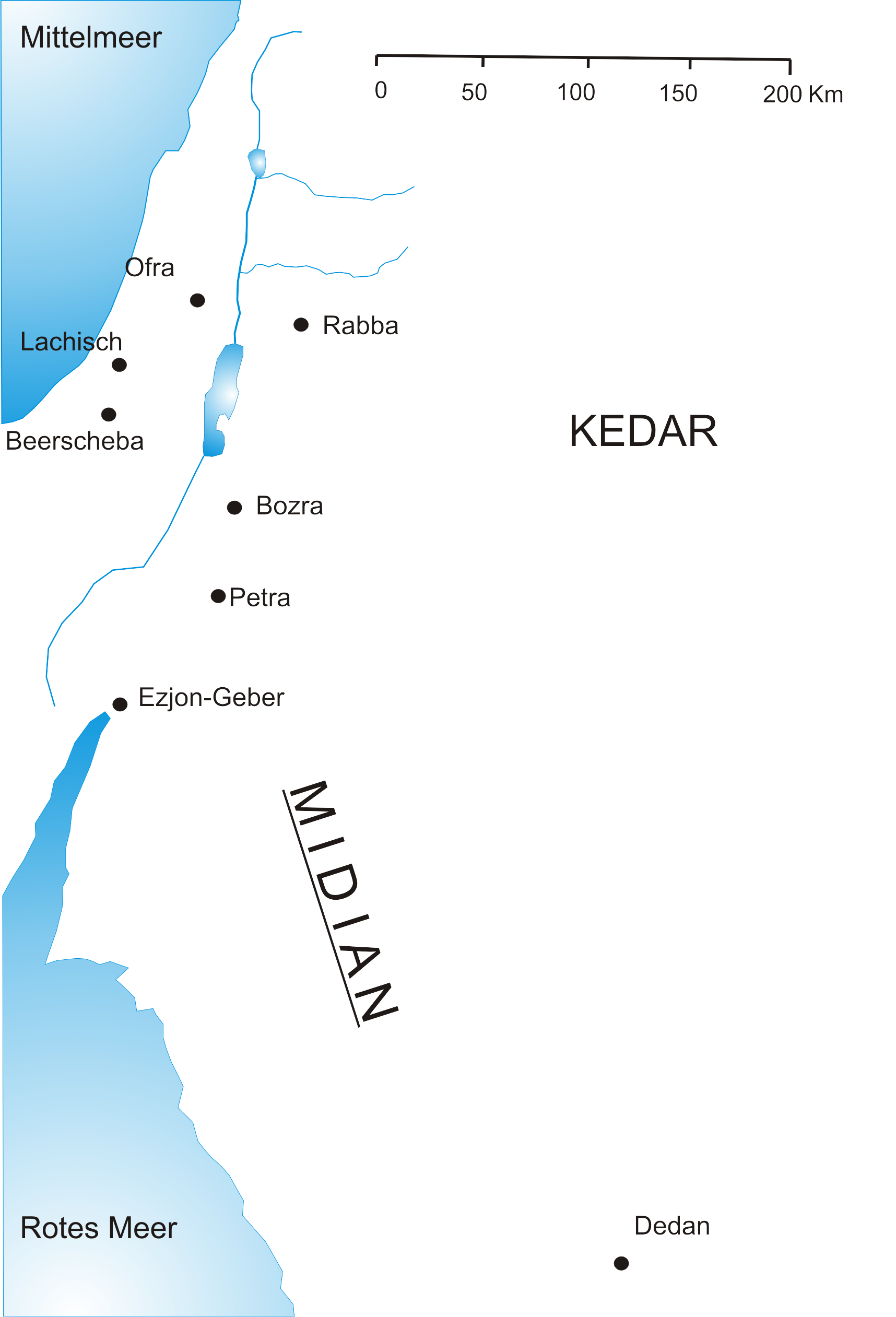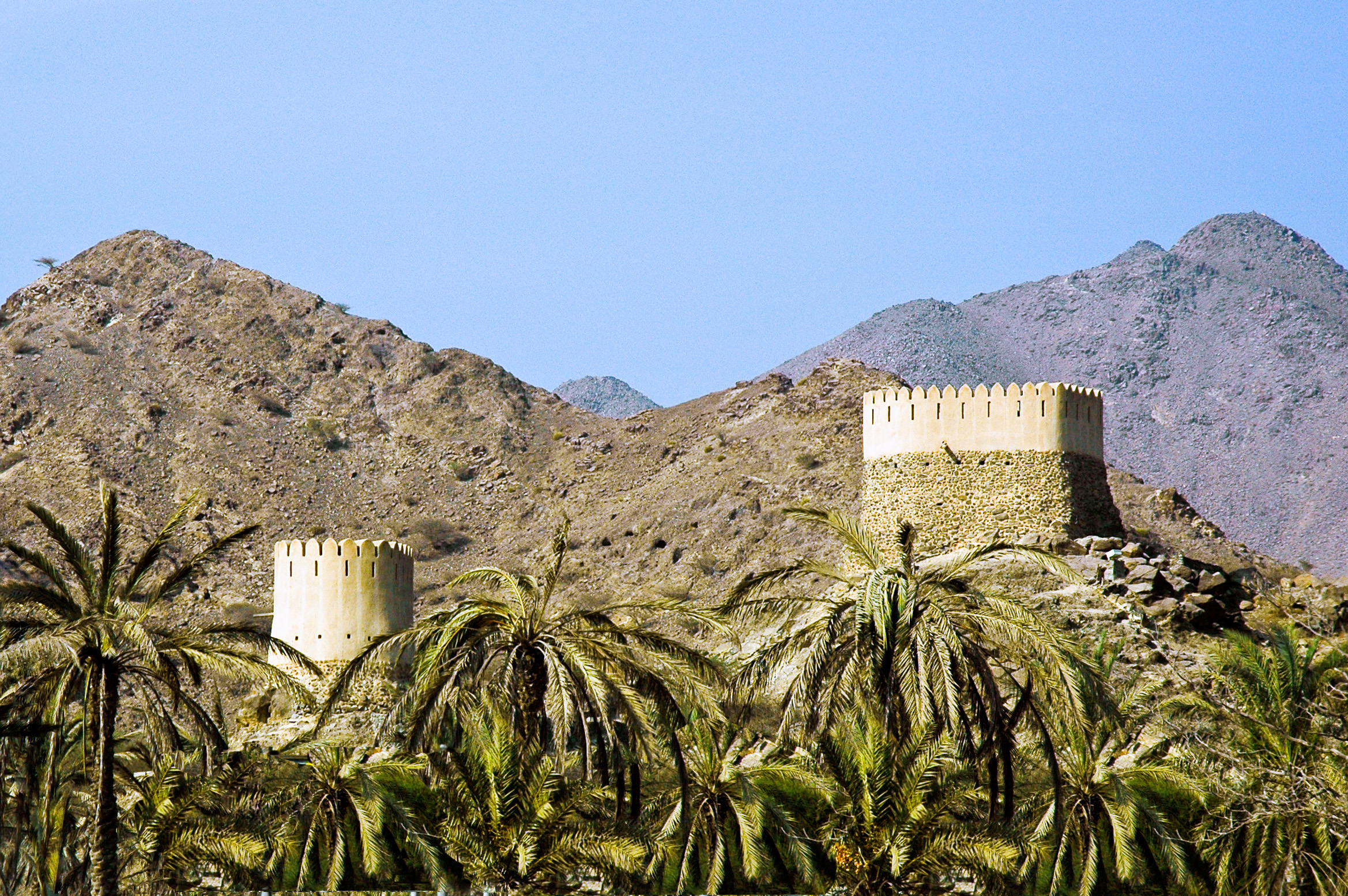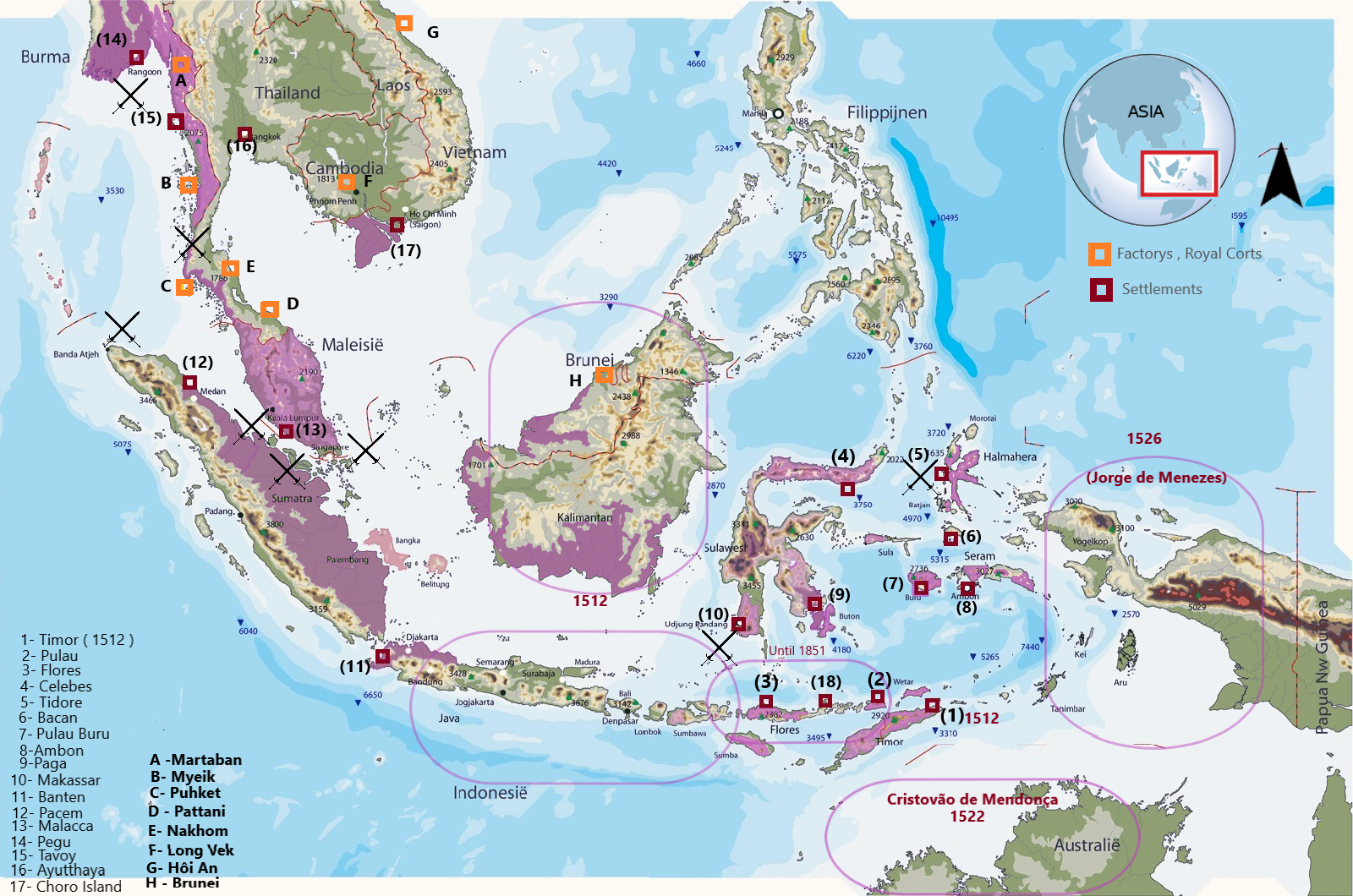|
Al Naqbi
The Naqbiyin (, singular Al Naqbi) is a tribe of the United Arab Emirates, United Arab Emirates (UAE). They are mostly settled within the emirates of Emirate of Sharjah, Sharjah and Ras Al Khaimah and have long been influential in the tribal politics of both emirates. By the turn of the 20th century, the Naqbiyin had mostly settled in the emirate of Sharjah and were to be found in Khor Fakkan, Kalba as well as Dibba and Fahlain (today a suburb of Ras Al Khaimah). They had also settled at Khatt and Daftah in the Wadi Ham. Altogether, the settled population at that time was mostly involved in agriculture and numbered some 1,800 people. Ras Al Khaimah The tribe's settled territory included the Wadi Naqab in Ras Al Khaimah, to which the tribe gave its name. The tribe dispersed from the agriculturally rich wadi after a series of disputes with pre-Al Qasimi, Al Qawasim local rulers. The tribe has traditionally been considered close to the Qawasim. Khatt and Fahlain, two villages o ... [...More Info...] [...Related Items...] OR: [Wikipedia] [Google] [Baidu] |
Arabs
Arabs (, , ; , , ) are an ethnic group mainly inhabiting the Arab world in West Asia and North Africa. A significant Arab diaspora is present in various parts of the world. Arabs have been in the Fertile Crescent for thousands of years. In the 9th century BCE, the Assyrians made written references to Arabs as inhabitants of the Levant, Mesopotamia, and Arabia. Throughout the Ancient Near East, Arabs established influential civilizations starting from 3000 BCE onwards, such as Dilmun, Gerrha, and Magan, playing a vital role in trade between Mesopotamia, and the Mediterranean. Other prominent tribes include Midian, ʿĀd, and Thamud mentioned in the Bible and Quran. Later, in 900 BCE, the Qedarites enjoyed close relations with the nearby Canaanite and Aramaean states, and their territory extended from Lower Egypt to the Southern Levant. From 1200 BCE to 110 BCE, powerful kingdoms emerged such as Saba, Lihyan, Minaean, Qataban, Hadhramaut, Awsan, and ... [...More Info...] [...Related Items...] OR: [Wikipedia] [Google] [Baidu] |
Hassan Bin Rahma Al Qasimi
Hassan bin Rahma Al Qasimi was the Sheikh (ruler) of Ras Al Khaimah from 1814–1820. He was accused by the British of presiding over a number of acts of maritime piracy, an assertion he denied. Despite signing a treaty of peace with the British in October 1814, a punitive expeditionary force was mounted against Ras Al Khaimah in December 1819 and Hassan bin Rahma was removed as Sheikh of Ras Al Khaimah, which he ceded to the British in a preliminary agreement to the General Maritime Treaty of 1820. Rule The nephew of the Ruler of Emirate of Ras Al Khaimah, Sultan bin Saqr Al Qasimi, Hassan bin Rahma emerged as the de facto Ruler of Ras Al Khaimah in 1814, although it is likely his rule started before this time. He was a dependent of the ruler of the first Saudi state, Abdulla Ibn Saud (and his father Saud bin Abdulaziz before him). During a visit to Abdulla in Riyadh in August 1814, Hassan bin Rahma received a letter from the British Resident at Bushire accusing him of ... [...More Info...] [...Related Items...] OR: [Wikipedia] [Google] [Baidu] |
Arab Ethnic Groups
Arabs (, , ; , , ) are an ethnic group mainly inhabiting the Arab world in West Asia and North Africa. A significant Arab diaspora is present in various parts of the world. Arabs have been in the Fertile Crescent for thousands of years. In the 9th century BCE, the Assyrians made written references to Arabs as inhabitants of the Levant, Mesopotamia, and Arabia. Throughout the Ancient Near East, Arabs established influential civilizations starting from 3000 BCE onwards, such as Dilmun, Gerrha, and Magan (civilization), Magan, playing a vital role in trade between Mesopotamia, and the History of the Mediterranean region, Mediterranean. Other prominent tribes include Midian, ʿĀd, and Thamud mentioned in the Hebrew Bible, Bible and Quran. Later, in 900 BCE, the Qedarites enjoyed close relations with the nearby Canaan#Canaanites, Canaanite and Aramaeans, Aramaean states, and their territory extended from Lower Egypt to the Southern Levant. From 1200 BCE to 110 BCE, powerful ... [...More Info...] [...Related Items...] OR: [Wikipedia] [Google] [Baidu] |
Arabic-language Surnames
Arabic (, , or , ) is a Central Semitic languages, Central Semitic language of the Afroasiatic languages, Afroasiatic language family spoken primarily in the Arab world. The International Organization for Standardization (ISO) assigns language codes to 32 varieties of Arabic, including its standard form of Literary Arabic, known as Modern Standard Arabic, which is derived from Classical Arabic. This distinction exists primarily among Western linguists; Arabic speakers themselves generally do not distinguish between Modern Standard Arabic and Classical Arabic, but rather refer to both as ( "the eloquent Arabic") or simply ' (). Arabic is the List of languages by the number of countries in which they are recognized as an official language, third most widespread official language after English and French, one of six official languages of the United Nations, and the Sacred language, liturgical language of Islam. Arabic is widely taught in schools and universities around the wo ... [...More Info...] [...Related Items...] OR: [Wikipedia] [Google] [Baidu] |
Rashid Bin Saeed Al Maktoum
Sheikh Rashid bin Saeed Al Maktoum (; 11 June 1912 – 7 October 1990) was an Emirati royal, politician and a founder of the United Arab Emirates. Al Maktoum was the first vice president and second prime minister of the United Arab Emirates, and was the ruler of Dubai. He ruled Dubai for 32 years from 1958 until his death in 1990. He was the vice president from the founding of the UAE until his death. Al Maktoum was the first vice president to serve as prime minister concurrently, when he became prime minister on 30 April 1979. After him the office of prime minister was '' de facto'' tied to the office of vice president (but not vice versa). Development of Dubai Sheikh Rashid was responsible for the transformation of Dubai from a small cluster of settlements near the Dubai Creek to a modern port city and commercial hub. A quote commonly attributed to Sheikh Rashid reflected his concern that Dubai's oil, which was discovered in 1966 and which began production in 1969, would ... [...More Info...] [...Related Items...] OR: [Wikipedia] [Google] [Baidu] |
Emirate Of Fujairah
The Emirate of Fujairah ( ' ) is one of the Emirates of the United Arab Emirates, seven emirates that make up the United Arab Emirates, the only one of the seven with a coastline solely on the Gulf of Oman and none on the Persian Gulf. Its capital is Fujairah. History The Emirate of Fujairah, dominated by the ''Sharqiyin'' tribe, sits at the mouth of the important trade route, the ''Wadi Ham'' (which is guarded by the Sharqiyin Al Bithnah Fort), through the Shumayliyyah Mountains, mountains to the interior and the Persian Gulf Coast. Known as the ''Shamaliyah'', the east coast of what is now the UAE was subject to Sultanate of Muscat, Muscat until 1850, when it was annexed by ''Al Qasimi'' of Emirate of Sharjah, Sharjah, in an agreement made between Sheikh Sultan bin Saqr Al Qasimi and the List of rulers of Oman, Sultan of Muscat. The Shamaliyah was governed by Al-Qasimi Wali at Kalba although frequently seceded and in 1901 Sheikh Hamad bin Abdullah Al Sharqi, chief of the Sh ... [...More Info...] [...Related Items...] OR: [Wikipedia] [Google] [Baidu] |
Afonso De Albuquerque
Afonso de Albuquerque, 1st Duke of Goa ( – 16 December 1515), was a Portuguese general, admiral, statesman and ''conquistador''. He served as viceroy of Portuguese India from 1509 to 1515, during which he expanded Portuguese influence across the Indian Ocean and built a reputation as a fierce and skilled military commander. Albuquerque advanced the three-fold Portuguese grand scheme of combating Islam, spreading Christianity, and securing the trade of spices by establishing a Portuguese Asian empire. Among his achievements, Albuquerque managed to conquer Goa and was the first European of the Renaissance to raid the Persian Gulf, and he led the first voyage by a European fleet into the Red Sea. He is generally considered a highly effective military commander, and "probably the greatest naval commander of the age", given his successful strategy of attempting to close all the Indian Ocean naval passages to the Atlantic, Red Sea, Persian Gulf, and to the Pacific, transforming it ... [...More Info...] [...Related Items...] OR: [Wikipedia] [Google] [Baidu] |
Khalid Bin Ahmad Al Qasimi
Khalid (variants include Khaled and Kalid; Arabic: خالد) is a popular Arabic male given name meaning "eternal, everlasting, immortal". It also appears as a surname. Behind the Name; accessed February 2016 Notable persons Politics and military * Khalid ibn al-Walid (died 642), Arab military commander in the service of the Rashidun Caliphate *[...More Info...] [...Related Items...] OR: [Wikipedia] [Google] [Baidu] |
Sharqiyin
The Sharqiyin (, singular Al Sharqi ) is a tribe of the United Arab Emirates (UAE). The Sharqiyin were long the dominant tribe along the East coast of the Trucial States (and the second most numerous in the area around the start of the 19th century), an area known as Shamailiyah. A 1968 census showed 90% of the tribal population of Fujairah was Sharqiyin. They were traditionally dependents of Sharjah and, over the centuries, made several attempts to secede and declare independence, finally practically managing this from 1901 onwards and finally gaining British recognition as a Trucial State, Fujairah, in 1952. They settled all along the East Coast of the Trucial States, from Kalba to Dibba, as well as in the Wadi Ham and Jiri plain and by the turn of the 20th century they were some 7,000 strong. Three sections of the tribe are notable, the Hafaitat (from which the ruling family of Fujairah derives), the Yammahi and the Hamudiyin. After the Bani Yas, the Sharqiyin were th ... [...More Info...] [...Related Items...] OR: [Wikipedia] [Google] [Baidu] |
Al Naqbi
The Naqbiyin (, singular Al Naqbi) is a tribe of the United Arab Emirates, United Arab Emirates (UAE). They are mostly settled within the emirates of Emirate of Sharjah, Sharjah and Ras Al Khaimah and have long been influential in the tribal politics of both emirates. By the turn of the 20th century, the Naqbiyin had mostly settled in the emirate of Sharjah and were to be found in Khor Fakkan, Kalba as well as Dibba and Fahlain (today a suburb of Ras Al Khaimah). They had also settled at Khatt and Daftah in the Wadi Ham. Altogether, the settled population at that time was mostly involved in agriculture and numbered some 1,800 people. Ras Al Khaimah The tribe's settled territory included the Wadi Naqab in Ras Al Khaimah, to which the tribe gave its name. The tribe dispersed from the agriculturally rich wadi after a series of disputes with pre-Al Qasimi, Al Qawasim local rulers. The tribe has traditionally been considered close to the Qawasim. Khatt and Fahlain, two villages o ... [...More Info...] [...Related Items...] OR: [Wikipedia] [Google] [Baidu] |
Gazetteer Of The Persian Gulf, Oman And Central Arabia
The ''Gazetteer of the Persian Gulf, Oman and Central Arabia'' (nicknamed ''Lorimer'') is a two-volume encyclopedia compiled by John Gordon Lorimer. The ''Gazetteer'' was published in secret by the British government in India in 1908 and 1915 and it served as a handbook for British diplomats in the Arabian Peninsula and Persia. The work was declassified in 1955 under the fifty-year rule, and was widely praised for its extensive coverage of the region's history and geography. It is considered to be "the most important single source of historical material on the Gulf States and Saudi Arabia" from the 17th to early 20th century. Background Beginning in the 20th century, the British Empire sought to strengthen its connections to British-controlled India which in turn resulted in a greater interest in the Persian Gulf region, culminating in the visit of the Viceroy of India Lord Curzon to the Gulf in 1903. To ensure that British agents in the region were adequately informed and pr ... [...More Info...] [...Related Items...] OR: [Wikipedia] [Google] [Baidu] |
Persian Gulf Campaign Of 1819
The Persian Gulf campaign of 1819 was a British punitive expedition, principally against the Arab maritime force of the Qawasim in the Persian Gulf, which embarked from Bombay, India in November 1819 to attack Ras Al Khaimah. The campaign was militarily successful for the British and led to the signing of the General Maritime Treaty of 1820 between the British and the Sheikhs of what was then known as the " Pirate Coast" and would become known as the Trucial Coast or Trucial States after this treaty. Today, the Trucial States comprise the United Arab Emirates. Background After decades of incidents where British shipping had fallen foul of the aggressive Qawasim, an expeditionary force embarked for Ras Al Khaimah in 1809. This campaign led to the signing of a peace treaty between the British and Hassan Bin Rahmah, the Al Qasimi leader. This broke down in 1815. J. G. Lorimer contends that after the dissolution of the arrangement, the Qawasim "now indulged in a carnival of ... [...More Info...] [...Related Items...] OR: [Wikipedia] [Google] [Baidu] |







